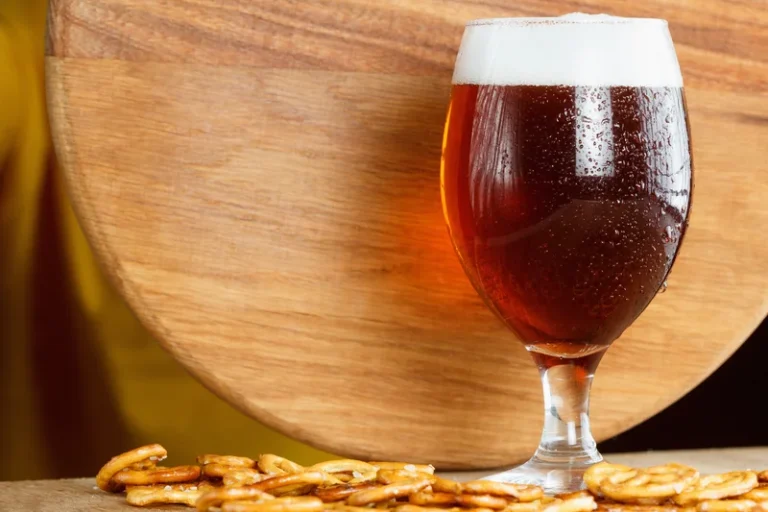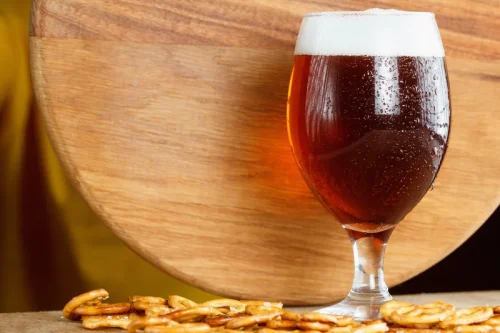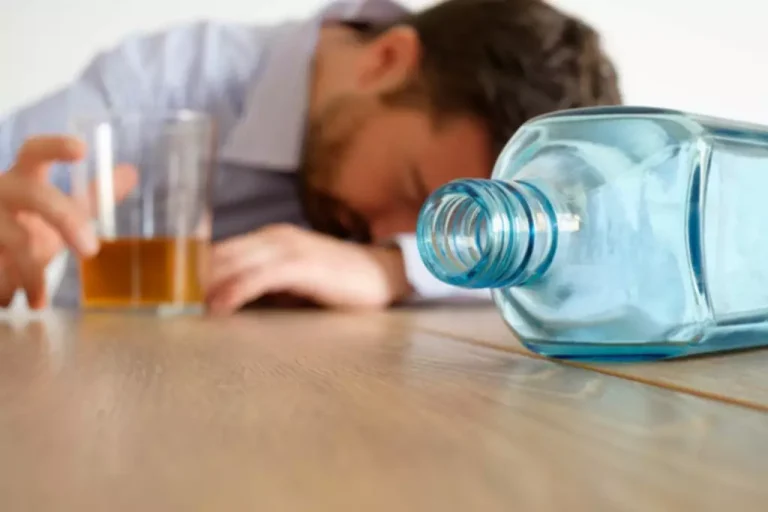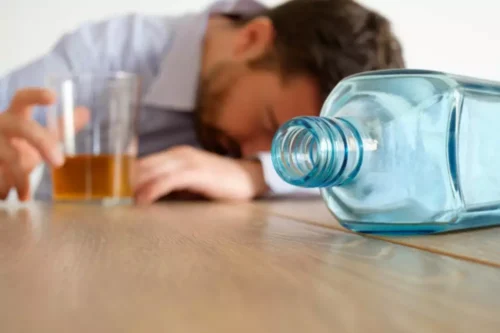
Yes, alcohol has a diuretic effect, which means that consuming alcohol increases urine production and leads to fluid loss and dehydration. How long it takes to recover depends on many factors, including the level of dehydration, how much you drink, your age, and your overall health. For mild to moderate dehydration, it can take a few minutes to several hours to rehydrate. When you’re severely dehydrated, it can take several days for a full recovery. Understanding how alcohol affects hydration levels and impacts various body functions is crucial for recognizing the importance of maintaining proper hydration while consuming alcohol. By being aware of the potential dehydrating effects, individuals can take proactive steps to mitigate dehydration and ensure their overall well-being.
- At the same time, alcohol causes the kidneys to increase their urine production, which also adds to dehydration.
- This decrease in water means that alcohol is less diluted when it enters your system, leading to a higher blood alcohol concentration (BAC) after drinking the same amount.
- It may surprise you to know that about 60 percent of your body weight is water.
How to Prevent Dehydration from Alcohol

Alcohol is a diuretic and therefore causes excessive urination. Having a few drinks can be fun, but feeling dehydrated or hungover is not. It’s up to you Halfway house to decide if the pleasures of alcohol are worth the potential next-day effects. The problem is that a lack of water can throw off your electrolyte balance and decrease blood flow to your leg muscles, according to AARP.

Alcohol Treatment at South Coast Behavioral Health
Taking electrolytes before drinking alcoholic drinks can prevent alcohol-related electrolyte depletion and dehydration. While mild dehydration isn’t anything to worry about and can quickly be remedied by drinking water, moderate or severe dehydration can impair critical physiological functions. In addition, increased urination can cause the loss of electrolytes, especially potassium and sodium, which are crucial for maintaining the https://ecosoberhouse.com/ body’s fluid balance. You may experience increased urination, sweating, and other means of bodily waste disposal when you drink alcohol. However, when your body works to eliminate alcohol from your system through these processes, other crucial substances, like water and essential nutrients, are removed, too.

Recognizing Dehydration Symptoms: Key Signs to Watch Out For

This outcome makes sense and aligns with our common beliefs about alcohol’s effect on the body. The research shows, essentially, that drinking an initial amount of alcohol will cause more urine output than drinking the same initial amount of water (or other non-alcoholic liquid). However, continuing to drink alcohol after that initial drink does not cause any more urine output than continuing to drink water. Interestingly, dark liquor also seems to be more dehydrating than light/clear liquors.
Can You Get a UTI From Not Drinking Enough Water?

According to the Society for Endocrinology, ADH is produced and released by the pituitary gland. It’s the reason why you can usually sleep through the night without having to urinate. And when ADH release is does red wine dehydrate you suppressed, your body’s natural mechanism for holding onto fluid ceases to function. This is important because increased urination flushes electrolytes and nutrients out of your system, as well as fluid.
Alcohol Alters Electrolytes
By clicking ‘Send to a friend’ you agree ABC Online is not responsible for the content contained in your email message. Second, if you weigh 60 kilograms, you generate about 60 millilitres of urine each hour. And for 80 kilograms, about 80 millilitres per hour, and so on. Information on this site is provided for informational purposes only. It is not meant to substitute for medical advice from your physician or other medical professional. You should not use the information contained herein for diagnosing or treating a health problem or disease, or prescribing any medication.
- Drinking water throughout the day and replenishing often when you lose extra fluids can lower the risk of dehydration.
- Let’s talk about dehydration from alcohol — why it happens, how to avoid it, and the immediate remedies you can use to avoid a hangover.
- So don’t mix your alcohol with these or drink them between alcoholic beverages.
- Remember, you shouldn’t just focus on rehydrating but instead, look for the smallest signs that your body needs more water.
Because your body has to use extra energy to break down the wine contents, your body’s core temperature may also increase. If you are wearing multiple layers or in a warm environment, you could induce a light sweat if you drink multiple glasses of wine in a row. This is one reason why drinking water with wine leaves you with a less potent or faster buzz. If you drink wine without water, your buzz is likely to be stronger and last for longer. But you may also encounter negative or uncomfortable side effects because reduced vasopressin leads to dehydration.
